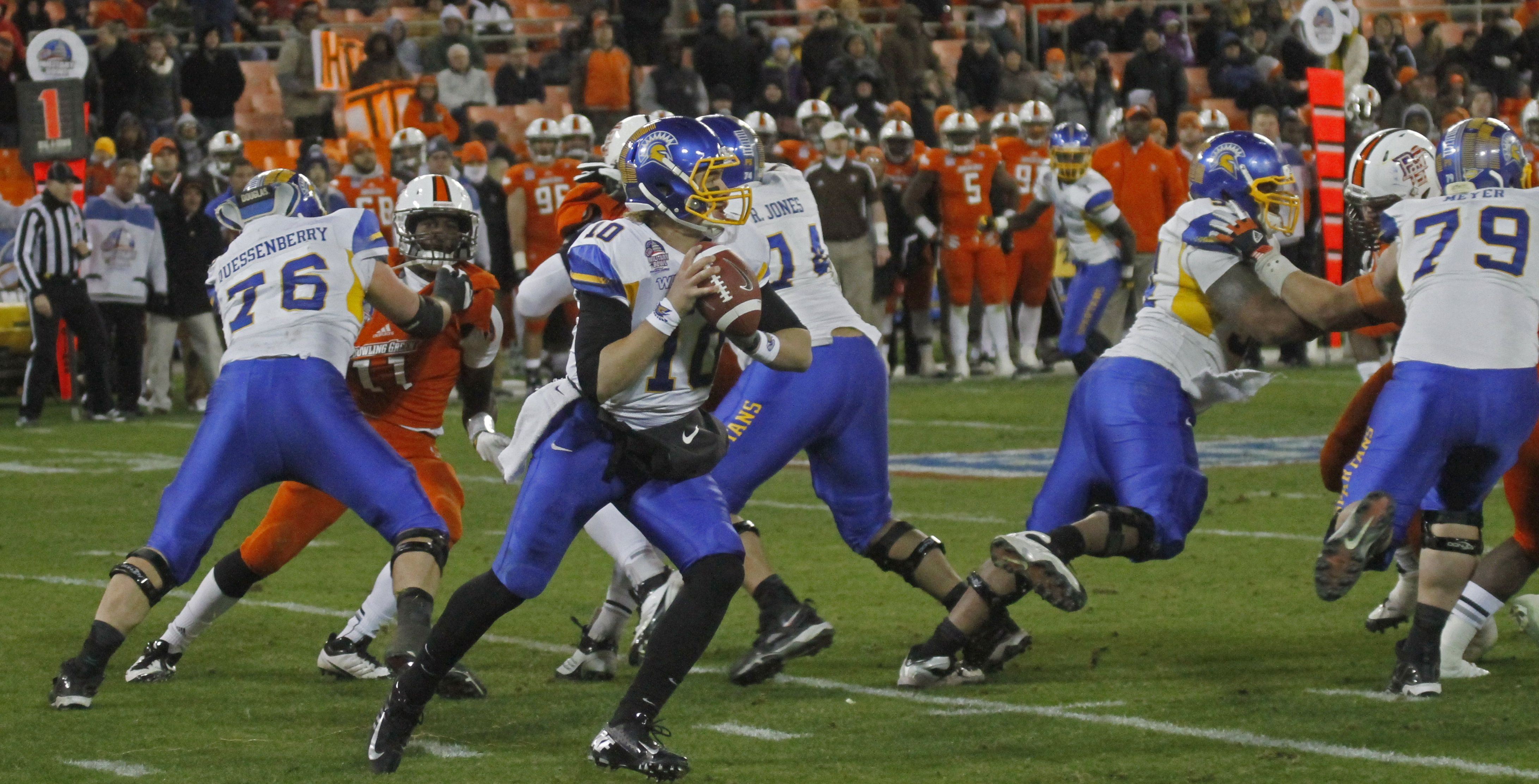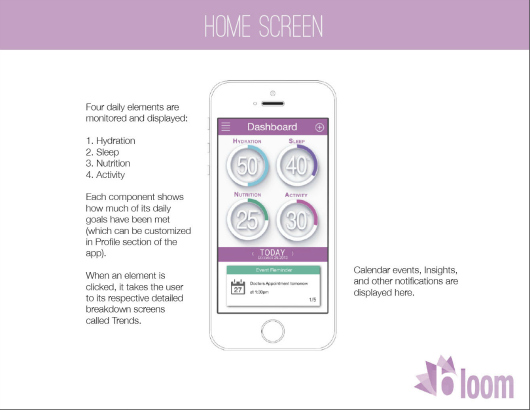
by Yasmine Mahmoud
Spartan Daily, Feb 16, 2014
A group of San Jose State University athletes are working on a study that focuses on the transition from high school to college football and the stresses that come with being a student athlete.
The study was launched in Fall 2012 with the help of Joanna Fanos, a psychology professor.
The program was created by Vince Buhagiar, a senior psychology major, graduate David Fales and David Catalano, a sophomore business management major.
Buhagiar, Fales and Catalano all played for the Spartan football team.
“The main basis of it is to help incoming freshmen with the transition between high school and college,” Buhagiar said. “We believe that is a struggle for anyone, but especially for athletes, because on top of the school and the social and the being away from home they have to juggle another part of their life which is athletics.”
Fanos said the study was influenced by a study at the University of North Texas titled “Helping Freshman Student Athletes Adjust to College Life Using Psychoeducational Groups,” written by Henry L. Harris, Michael K. Altekruse and Dennis W. Engels.
The UNT study split students into groups from basketball, cross-country, football, golf, swimming and diving, tennis, volleyball and track and field.
Groups discussed issues having to do with student athletics and the results showed that the sessions helped students adjust to the college environment, according to the study.
The SJSU transition study focuses on male football players, Fanos said.
The transition group meets once a week, breaks into different groups and discusses different issues. In the Fall there will be a questionnaire given out which will assess the group members’ progress, she said.
“We hope that this season will be much more organized,” Buhagiar said.
Buhagiar said
“It would be awesome if we could publish our study,” Buhagiar said. “And other teams — whether it’s the coach and academic personnel from other colleges — reads it and decides that it’s a good idea and they initiate a similar project.”
The study focuses on adjusting to being away from home, not being the hero of the football team as high school students often are, dating, homesickness and other issues, Fanos said.
“These football players spend a tremendous amount of time training,” Fanos said.
She said student athletes often have to squeeze coursework in between sports training, classes, traveling for games and their social lives.
Many students have time to do their homework over the weekend, but the football players are doing it on the bus, Fanos said.
“These folks are great,” Fanos said. “I’m just very impressed with them.”
New football players often red shirt, or sit on the bench during their first season, Fanos said.
She and Buhagiar both said red shirting causes athletes to feel left out, which can add to the stress of the high school to college transition.
“They feel like pieces of meat,” Fanos said.
Twins Rebecca and Breanna Garcia, both junior psychology majors, are on the cross country and track teams and are helping with the study.
Breanna and Rebecca said they started working on the study this semester.
“I think it was really clear to us being division one athletes that a support group is vital to that transition,” Breanna said.
The group has started a literature review this semester, and will start collecting data from the football team in the 2014 football season, she said.
“You really have to stand back and realize that it’s not going to fall apart if you don’t meet a certain goal,” Rebecca said. “That you’re not going to crumple.”
The study is in the early stages of progress, Fanos said.
“I’m out there working with these guys every day and I’ve learned stuff about them that would make me gain a lot of respect,” Buhagiar said. “Things that you wouldn’t talk about every day and it’s just surprising that they’re able to live with that and hold everything together so well.”


